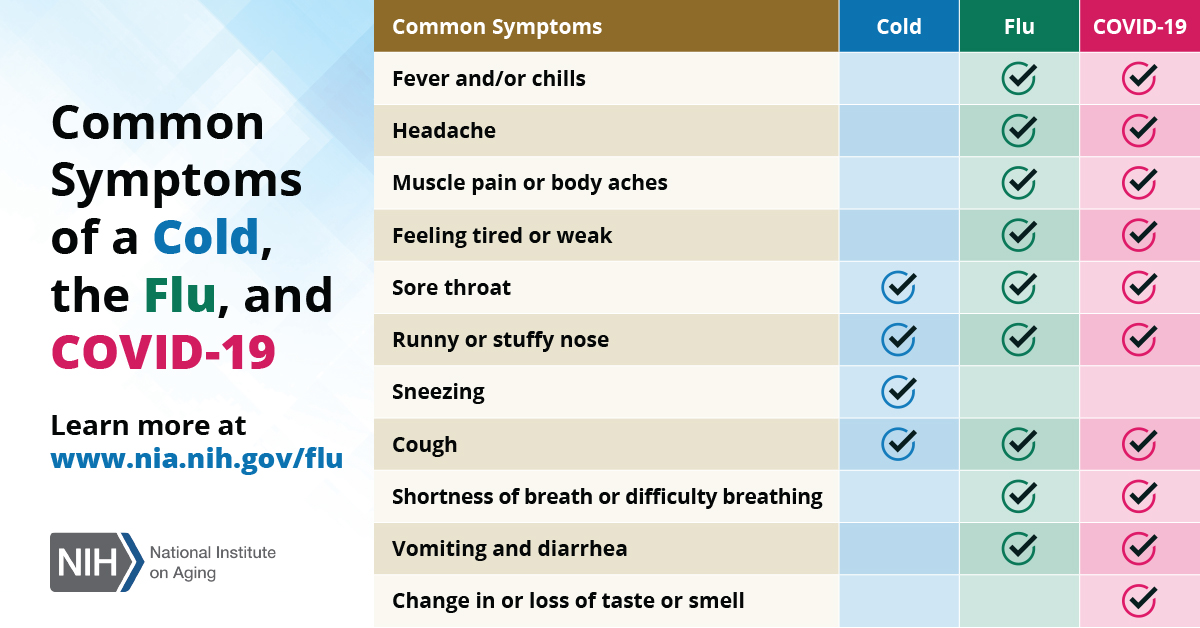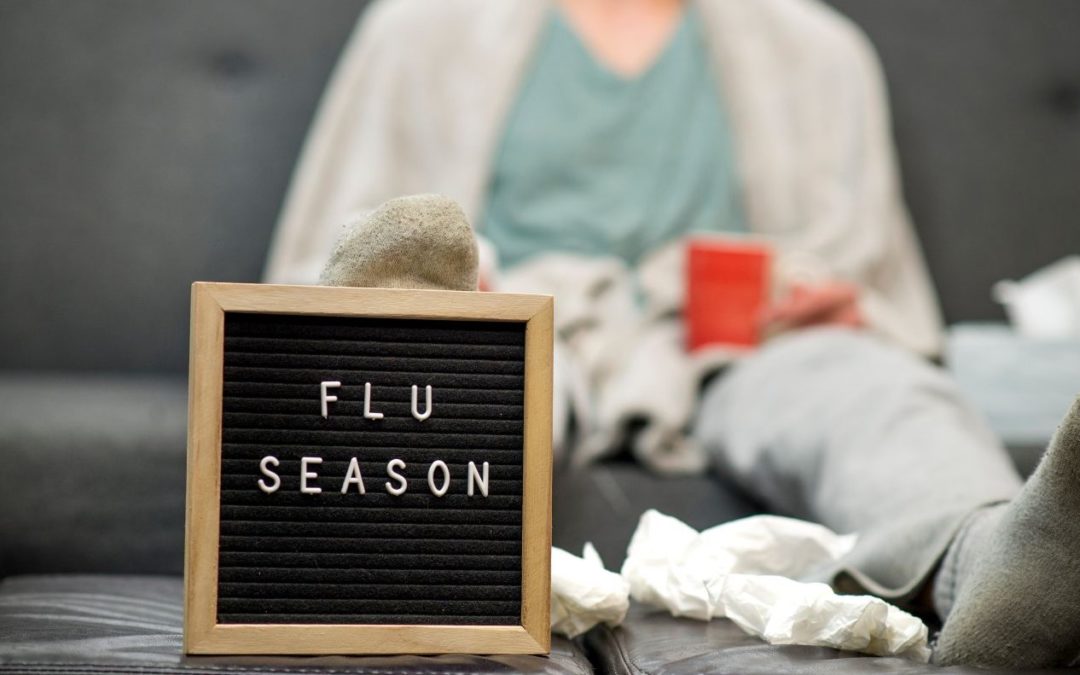RICHLAND PUBLIC HEALTH FLU SHOTS AVAILABLE BY APPOINTMENT
Richland Public Health flu vaccines will be available by appointment starting in October through our Public Health Clinic. Call 419-774-4700 to schedule flu shots for you and your family.
WHY SHOULD PEOPLE GET VACCINATED AGAINST THE FLU?
Influenza is a serious disease that can lead to hospitalization and sometimes even death. Every flu season is different, and influenza infection can affect people differently, but millions of people get the flu every year, hundreds of thousands of people are hospitalized and thousands or tens of thousands of people die from flu-related causes every year. Even healthy people can get very sick from the flu and spread it to others. The CDC estimates that flu-related hospitalizations since 2010 ranged from 140,000 to 710,000, while flu-related deaths are estimated to have ranged from 12,000 to 56,000. During flu season, flu viruses circulate at higher levels in the U.S. population. (“Flu season” in the United States can begin as early as October and last as late as May.) An annual seasonal flu vaccine is the best way to reduce your risk of getting sick with seasonal flu and spreading it to others. When more people get vaccinated against the flu, less flu can spread through that community.
HOW DO FLU VACCINES WORK?
Flu vaccines cause antibodies to develop in the body about two weeks after vaccination. These antibodies provide protection against infection with the viruses that are in the vaccine. The seasonal flu vaccine protects against the influenza viruses that research indicates will be most common during the upcoming season. Traditional flu vaccines (called “trivalent” vaccines) are made to protect against three flu viruses; an influenza A (H1N1) virus, an influenza A (H3N2) virus, and an influenza B virus. There are also flu vaccines made to protect against four flu viruses (called “quadrivalent” vaccines). These vaccines protect against the same viruses as the trivalent vaccine and an additional B virus.
WHO SHOULD GET VACCINATED THIS SEASON?
Everyone 6 months of age and older should get a flu vaccine every season. This recommendation has been in place since February 24, 2010 when CDC’s Advisory Committee on Immunization Practices (ACIP) voted for “universal” flu vaccination in the United States to expand protection against the flu to more people. Vaccination to prevent influenza is particularly important for people who are at high risk of serious complications from influenza. For more information, visit:
WHO SHOULD NOT BE VACCINATED?
CDC recommends use of a flu shot; either an inactivated influenza vaccine or (IIV) or a recombinant influenza vaccine (RIV). Different flu vaccines are approved for use in different groups of people. Factors that can determine a person’s suitability for vaccination, or vaccination with a particular vaccine, include a person’s age, health (current and past) and any allergies to flu vaccine or its components. Discuss your concerns with your doctor or see the CDC’s brochure Who Should & Should Not Get A Flu Shot for more information.
When should I get vaccinated?
You should get a flu vaccine now, if you haven’t gotten one already this season. It’s best to get vaccinated before flu begins spreading in your community. It takes about two weeks after vaccination for antibodies to develop in the body that protect against flu. CDC recommends that people get a flu vaccine by the end of October, if possible. Getting vaccinated later, however, can still be beneficial and vaccination should continue to be offered throughout the flu season, even into January or later. Children who need two doses of vaccine to be protected should start the vaccination process sooner, because the two doses must be given at least four weeks apart.
WHERE CAN I GET A FLU VACCINE?
Flu vaccines are offered in many locations, including doctor’s offices, pharmacies and retail stores. Richland Public Health offers flu vaccines by calling 419-774-4700.
For additional information about influenza, visit the CDC at https://www.cdc.gov/flu/ or talk with your pediatrician or family physician. For special home-bound services, call 419-774-4540.

Take everyday preventive actions to stop the spread of germs.
- Take everyday preventive actions that are recommended to reduce the spread of flu.
- Avoid close contact with people who are sick.
- If you are sick, limit contact with others as much as possible to keep from infecting them.
- Cover coughs and sneezes.
- Cover your nose and mouth with a tissue when you cough or sneeze. Throw the tissue in the trash after you use it.
- Wash your hands often with soap and water. If soap and water are not available, use an alcohol-based hand rub.
- Avoid touching your eyes, nose, and mouth. Germs spread this way.
- Clean and disinfect surfaces and objects that may be contaminated with viruses that cause flu.
- For flu, CDC recommends that people stay home for at least 24 hours after their fever is gone except to get medical care or other necessities. Fever should be gone without the need to use a fever-reducing medicine.

